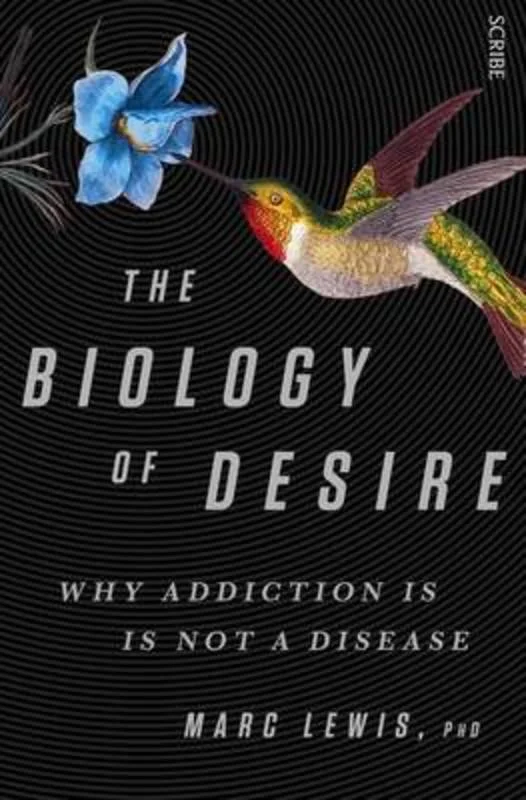Through the vivid, true stories of five people who journeyed into and out of addiction, a renowned neuroscientist explains why the 'disease model' of addiction is wrong, and illuminates the path to recovery.
The psychiatric establishment and rehab industry in the Western world have branded addiction a brain disease, based on evidence that brains change with drug use. But in The Biology of Desire, cognitive neuroscientist and former addict Marc Lewis makes a convincing case that addiction is not a disease, and shows why the disease model has become an obstacle to healing.
Lewis reveals addiction as an unintended consequence of the brain doing what it's supposed to do - seek pleasure and relief - in a world that's not cooperating. Brains are designed to restructure themselves with normal learning and development, but this process is accelerated in addiction when highly attractive rewards are pursued repeatedly. Lewis shows why treatment based on the disease model so often fails, and how treatment can be retooled to achieve lasting recovery, given the realities of brain plasticity. Combining intimate human stories with clearly rendered scientific explanation, The Biology of Desire is enlightening and optimistic reading for anyone who has wrestled with addiction either personally or professionally.
'A courageous and much-needed voice in rethinking addiction...Through his intimate personal and professional knowledge of addiction, Lewis reframes our understanding of its mechanisms and nature in a way that is empowering.'
- Barbara Arrowsmith-Young, author of the The Woman Who Changed Her Brain
'Informed by unparalleled neuroscientific insight and written with his usual flare, Marc Lewis's The Biology of Desire effectively refutes the medical view of addiction as a primary brain disease. A bracing and informative rebuke of the muddle that now characterises public and professional discourse on this topic.'
- Dr Gabor Mate, author of In In the Realm of Hungry Ghosts- close encounters with addiction
'Marc Lewis provides a wonderful mix of biography, psychology, and neuroscience to explain desire and addiction in a new way. It will stimulate thinking about our approaches to addiction and desire. His writing is accessible, personal, and captivating.'
- David Roland, author of How I Rescued My Brain

